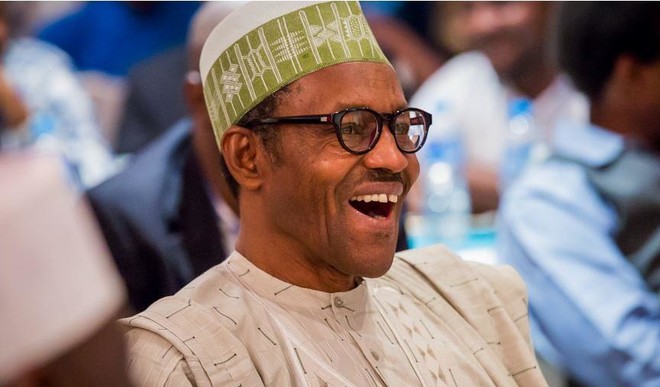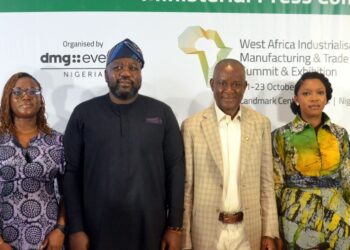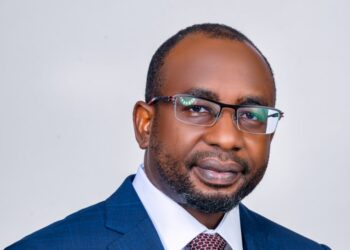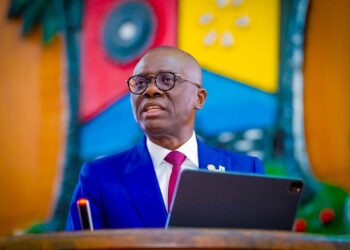President Muhammadu Buhari was elected last year amid a yearning by Nigerians for committed focused leadership on all fronts. Ten months into his presidency, Nigerians are facing one of the longest and painful scarcities of petroleum products on record; the economy is in freefall, and
inflation and unemployment are soaring.
Below we present a list of the major areas the President has failed the Nigerian people, and why it may be too late to reverse course.
1) Economy
Nigeria’s economic growth rate dropped to 2.8 percent in 2015, the slowest since 1999. It will decelerate further to 2.3 percent in 2016, the International Monetary Fund (IMF) said on March 31.The alarming figure for us at Nairametrics however is that with the country’s population rising at a rate (3% per annum) faster than the GDP growth rate, Nigerians are for the first time since 1999 growing poorer collectively.
This is a time bomb waiting to explode!
2) Budget
The President has still not passed his only major piece of economic legislation/policy more than ten months after being sworn into office.Compare that to President Obama who managed to get his signature stimulus package bill passed some 3 weeks after inauguration.
President Buhari has positioned the over N6 trillion budget as the panacea for the economy with spending on infrastructure expected to boost growth.
It is curious that with majorities in both houses the President has still failed to pass this legislation 4 months into the year.
3) Naira
At Nairametrics, we have nearly shouted ourselves hoarse about how we believe that the current Naira policy of the President is wrong footed and causing more harm than good to Nigerians.
For the first time since 1999, the Black market rate (N320/$1) for the Naira is more than N100 above the official rate (N197/$1).
This wide premium is encouraging corruption via round tripping, despite the President’s vows that he is fighting corruption.
On the economic front, the policy is discouraging investments, has frozen up the interbank market for FX, leading to factory closures, causing shortages of fuel and other basic products and pushing the country closer to recession.
4) Inflation
Nigeria’s inflation rate increased at the fastest pace in 4 years to 11.4 percent in February mostly as a consequence of the President’s policies.Most retailers of everything from pure water to foodstuff and newspapers have raised prices as a result of the dollar shortage and soaring rates at
the black market. Clearly the outcomes of the President policies are opposite of what he
wants, but he refuses to change course.
5) Fuel
The President has refused to deregulate Nigeria’s downstream oil and gas sector and has instead insisted on setting pump prices for petroleum products.
Unfortunately, the laws of economics cannot be set by fiat, so as it became unprofitable for marketers to import and sell at government fixed prices. They have, as a result, stopped doing so, leaving only the NNPC as sole importer of the products into Nigeria. This has led to fuel shortages and queues that have paralysed Nigeria’s major cities.
In saner climes this fact alone would have led to the resignations of those responsible, but not in Nigeria.Motorists now buy fuel for between N200 and N300 per litre as once again the Presidents goal (of selling at N86 per litre) is opposite to what is going on in real life.
6) Foreign Junkets
The Nigerian President has travelled to over 40 countries since he was sworn in last May. Most of his trips have yielded little value except for photo opportunities.
The President has defied growing criticism about his foreign trips by Nigerians a sign of tone deafness and insensitivity.
7) Power
The country’s power situation entered a precarious situation last week when the grid supplied exactly 0 megawatts to 180 million Nigerians.
The Nigerian power crises have yet to abate, despite the President’s campaign promises to tackle the problem in 6 months.
8) Jobs
Nigeria’s unemployment rate increased to 10.4 percent in the last quarter of 2015, according to the bureau of Statistics.
It is forecast to increase sharply in coming months as the country’s economy decelerates.
9) Ministers
The Ministers appointed by President Buhari are largely uninspiring and are neither seen nor heard.
When they are heard it is to make Freudian slips like Ibe Kachikwu’s “I am not a magician,” remark.
Nobody has bothered to address Nigerians on the economy or bad state of our roads, making this set of Ministers look like amateurs.
10) Ideology
The President is being held captive by statist ideology rather than sound economics which is a recipe for failure as well as dangerous for Nigeria.
Rigid devotion to ideology is what has wrecked countries like Cuba, Venezuela and China during the disastrous cultural revolution of Mao Zedong. According to the authoritative “Black Book of Communism,” an estimated 65 million Chinese died as a result of Mao’s repeated, merciless attempts to create a new “socialist” China. Anyone who got in his way was done away with — by execution, imprisonment or forced famine.
In 1981, the Chinese Communist Party finally announced the Cultural Revolution a disaster.
President Buhari is seeing the manifestation of his ideology in the form of fuel scarcity, dollar shortages and cowed Ministers.
The great tragedy is that Nigerians are being made to feel the major brunt of such failures.






















100 area Buhari is not up standard to lead people like God blessed country like Nigeria. Niger Delta oil and gas money every death alive Nigerian want to be president of Nigeria. Malam camel rearers all wants to be president of Nigeria. Death alive Nigerian Tinubu and Atiko what are they looking for taking niger delta region oil and gas money to come to UK for treatment. Well animalistic country they can do and go free like Buhari and his wife doing UK and Dubai.